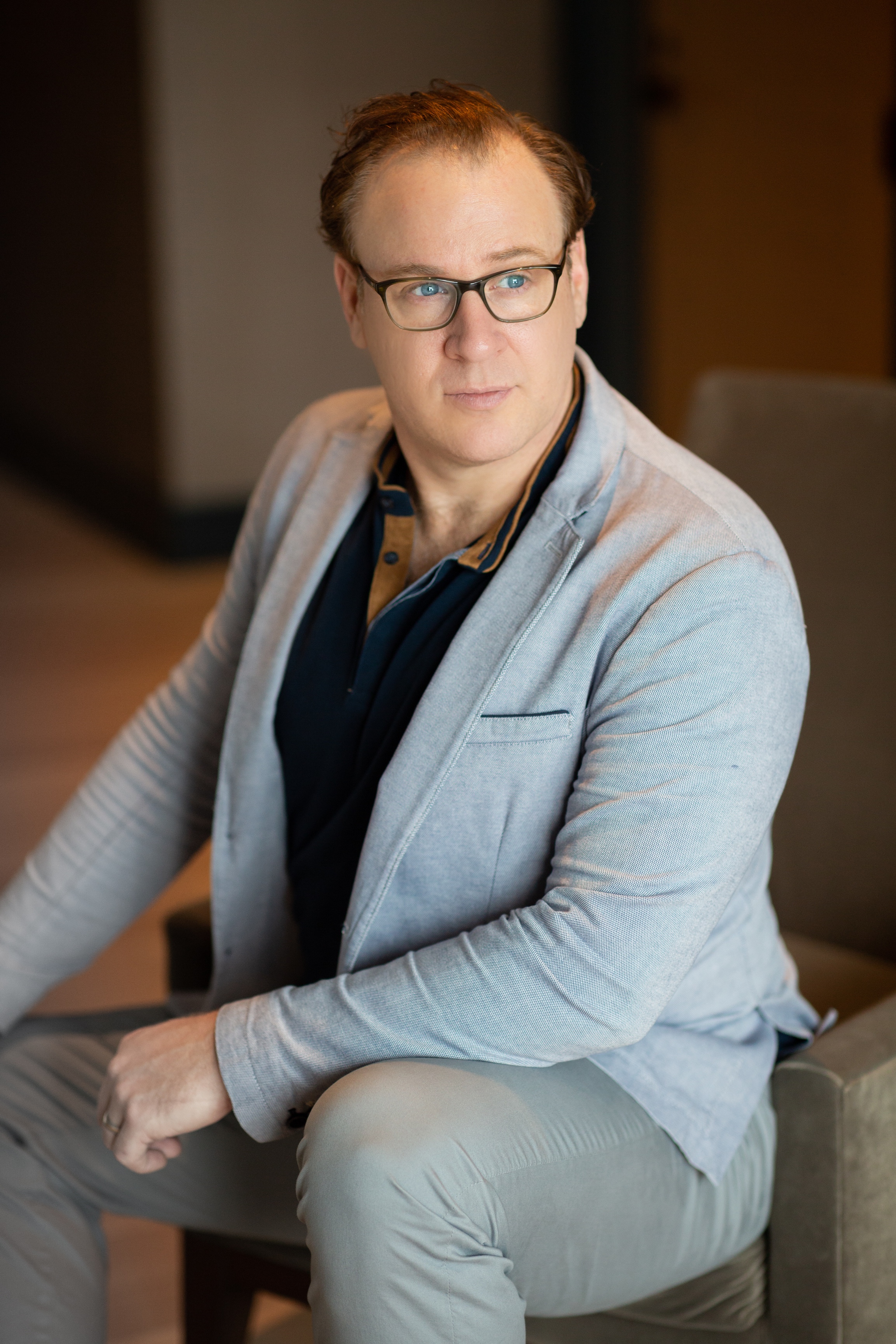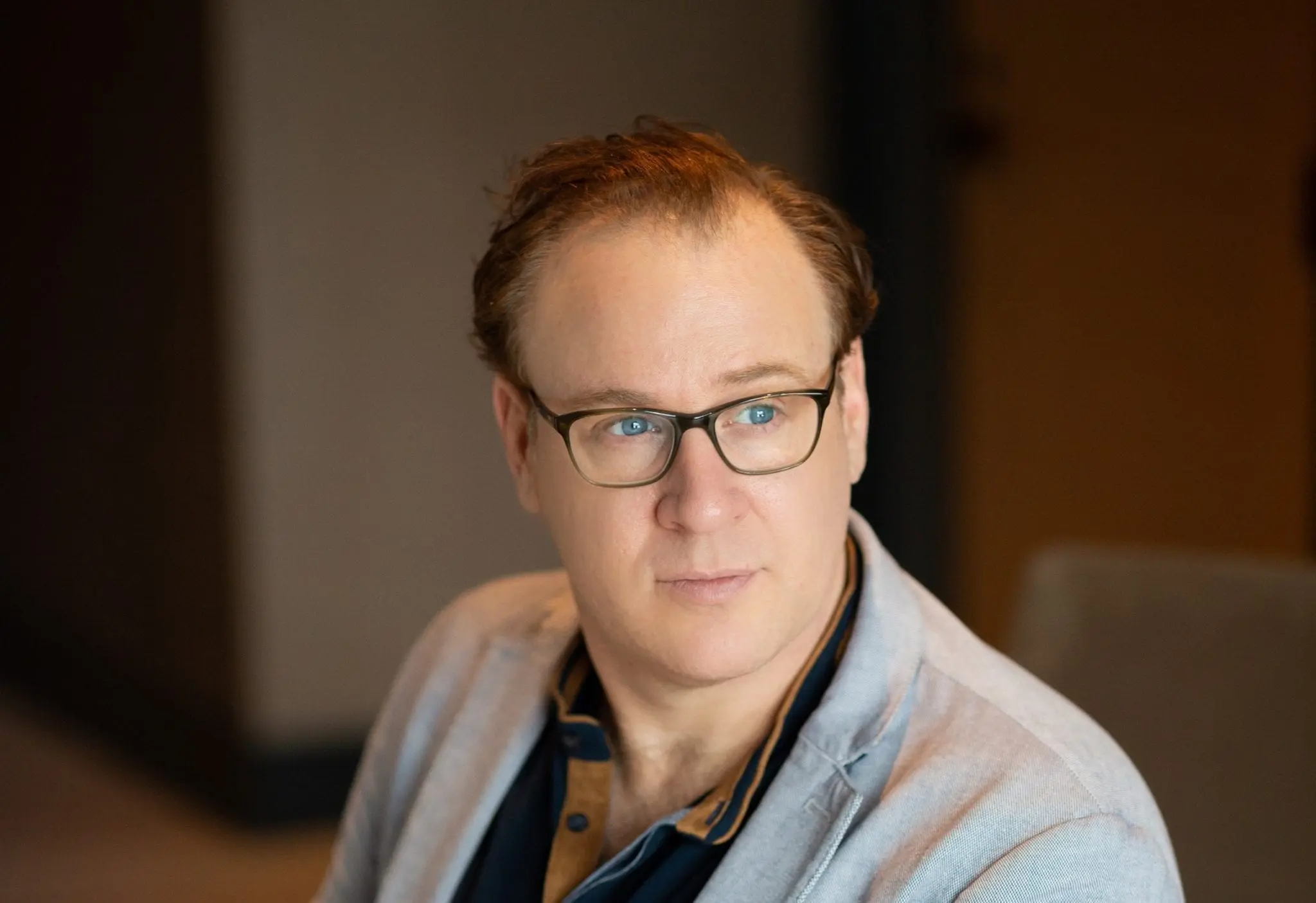
It’s easy to look back on the past and wonder what would have happened if you did something differently.
If I had the chance to impart some advice onto my younger opera singer self and change the past, this would be it.
Find Your Edges, Round Them Out
As a music student, it’s prime time to find out what your weaknesses are and face them head-on. You’re in a supportive environment and others want to help you succeed and help you to learn. It’s an opportune time to absorb all you can and improve your music-making and total artistry as much as possible.
This gets much more difficult later on in your career because you’re expected to perform at your highest level at all times. So, if there are still musical concepts for you to learn or holes in your artistry, they’re that much more difficult to overcome when the pressure is on and they could stick out like a sore thumb.
I didn’t realize this when I was a student.
My case was this: I was focused (more like obsessed) with my singing and vocal technique. My goal was always to sing as well as I possibly could. I took my voice lessons extremely seriously, I tried to grasp new concepts as quickly as possible, and in my practice sessions, I always worked smarter, not harder. I took every opportunity to perform that came my way and honed my performance skills to a tee.
On the flip side, I didn’t feel it was necessary to improve my weaknesses—my main one being my knowledge of classical music as a subject. I’m talking about music history, musical style, prominent opera singers of the past, but also about the business as in what programs to audition for, who to study with, etc. I always thought that if I focused on my voice, everything else would follow.
Looking back, improving on my weaknesses was the best thing I could have done. But there was one other really important thing that was lacking: my total artistry.
Once I started my career and entered the opera world, I realized that classical music was more than a performance practice—it’s a refined art form and I am an artist. I didn’t feel that way in school since we were all grinding away but once I hit the big stages and met other prominent singers in the field, I realized it was time for my artistry to come to the forefront.
My Biggest Mistake
The real reason I never addressed my lack of knowledge in classical music was because I was afraid.
I had a genuine fear that I was inept in my experience and knowledge of classical music as a subject.
Worse than this, I was afraid to ask others because I truly believed that asking would give them proof that I was musically ignorant and a fraud.
When I was a student, it was the perfect time to ask questions and I missed out on the opportunity because of my own insecurity. Later on, people expected me to know these things and I felt way behind.
I was afraid to be perceived as ignorant because I didn’t bother to learn certain things earlier. At times, I felt that my lack of knowledge came off as unprepared or underqualified as a singer. In a way, it appeared that I wasn’t taking myself seriously as a whole artist: only as a performer and only when on the stage. When I was off the stage, it stopped.
Looking back, I wish I had presented myself as a complete artist. I had the goods to back up my artistry when it came time to perform but outside of the performance, that class and refinement didn’t cross over. I even convinced myself that class and refinement was somehow egotistical.
All was not lost because I learned on the job. With each role that came my way, I did the research and I learned. Coupled with my experiences as a singer, my artistry began to round out.
For example, I was about 24 and I still didn’t understand Italian recitative style. I was learning my first Mozart role, Count Almaviva, and I took that role in literally every day to work on with a vocal coach (shoutout to Doug Dixon!) until I not just regurgitated but understood the style.
This was a turning point for me because I began to confront my weaknesses head-on, without fear that I was being judged.
A note of importance: don’t lead with your weaknesses. Know what they are in your heart and work at them in your own time, yet lead with your strengths.
Out of the Shadows, Into the Light
So, dig deep. Find your weaknesses, take them out of the shadows, put them out in the sun to face them head on and hopefully, something will grow there.
It took me a long time to admit what my weaknesses were. Had I addressed those holes in my artistry sooner, the better it would have been for me.
I’d say to anybody if you can be honest with yourself with what your weaknesses are, face them and work on them. If you’re a soprano and your high notes aren’t secure, work at it. If you know a ton about operatic repertoire but you feel awkward on stage, make that your new goal. Take 6 months and work on that one language you feel out of place singing.
Be proactive and become that well-rounded artist.
Know when to ask for help. Know who to ask for help. Know that it’s okay not to know.
Stay late. Ask questions. Give yourself every possibility for success in this career because you never know when you’re going to need it.
In the end, you never know what could have happened if you did something differently. What you do have is now, so today is your chance to put your best judgment into action.
What do you think? Did you find this article interesting, entertaining, or helpful? Feel free to chime in with a comment below.

I relish, lead to I discovered just what I was looking for.
You have ended my four day lengthy hunt! God Bless you man. Have a nice day.
Bye
Happy to hear this, best of luck
Dear Lucas.
Your blogs are inspiration and i love reading them.
May i add couple of things :
1.your teacher is your educator and sometimes a mentor but not your social worker, take what ever they gives you and educate yourself.
2.work on your strengths, not only your weaknesses, a true artist always asks questions, not knowing the answer but it reveal in time, don’t worry.
3.ask yourself what kind of music do you want to perform when the only competitor will be yourself not others.
4.classic is basic – when you have a solid ground, the sky is the limit.
5. Be happy, happy singers makes happy notes.
6.when you do an audition – come well prepared, bring energy as well, one must audition to put everything into test and let the cards fall as they are.
7.opera/jazz/pop/rock/theater is not for everyone but music is, know to which genre you’re well connected then everything will work out fine.
8.and believe in magic, it always helps.
Chen Laks
Israel
Beautiful points. Thank you for sharing your thoughts on this. A happy Singer is a productive singer!
Your deep and honest self-inquiry is remarkably refreshing because it poignantly reminds all of us—especially those in a creative milieu—to keep exploring ourselves to uncover the hidden areas of fear, blocks and self-deprecation that cause us to walk through the mud on a gorgeous spring day. Humility is a powerful antidote to the heavy weights pulling us back into darkness. Your article shows us we are, in the end, on a journey of self-empowerment that requires us to take an objective inventory from time to time so we can find the ultimate beauty residing in our souls!
True for everyone, every vocaliat, instrumentalist, human being! I am a retired orchestral violist. That means that I am very good at blending into the tutti. Now I am playing chamber music, where I sometimes have to stand out. Not only another mind set, but different technique! There are always new things to learn , at any age.
This applies so beautifully not only to opera singers but also to all of us and our lives in general. Thanks for your wise words.